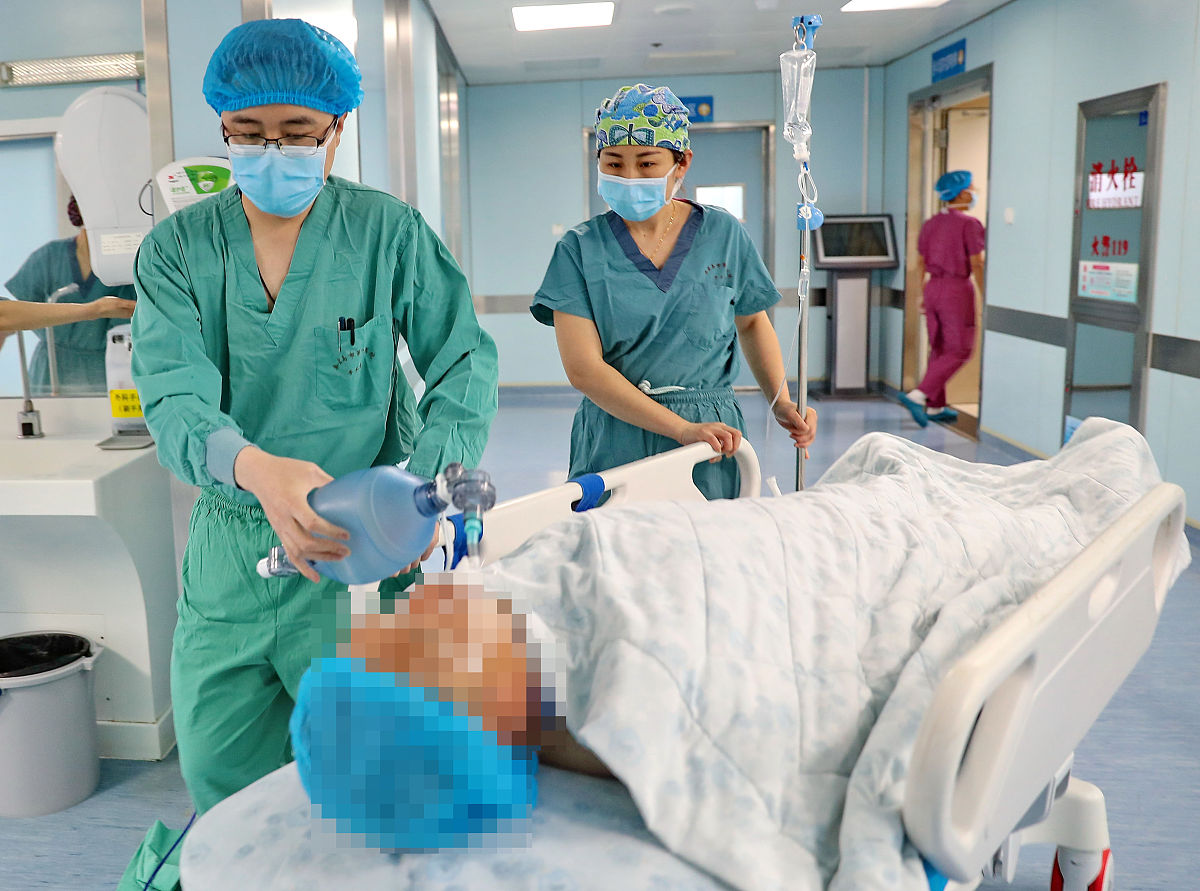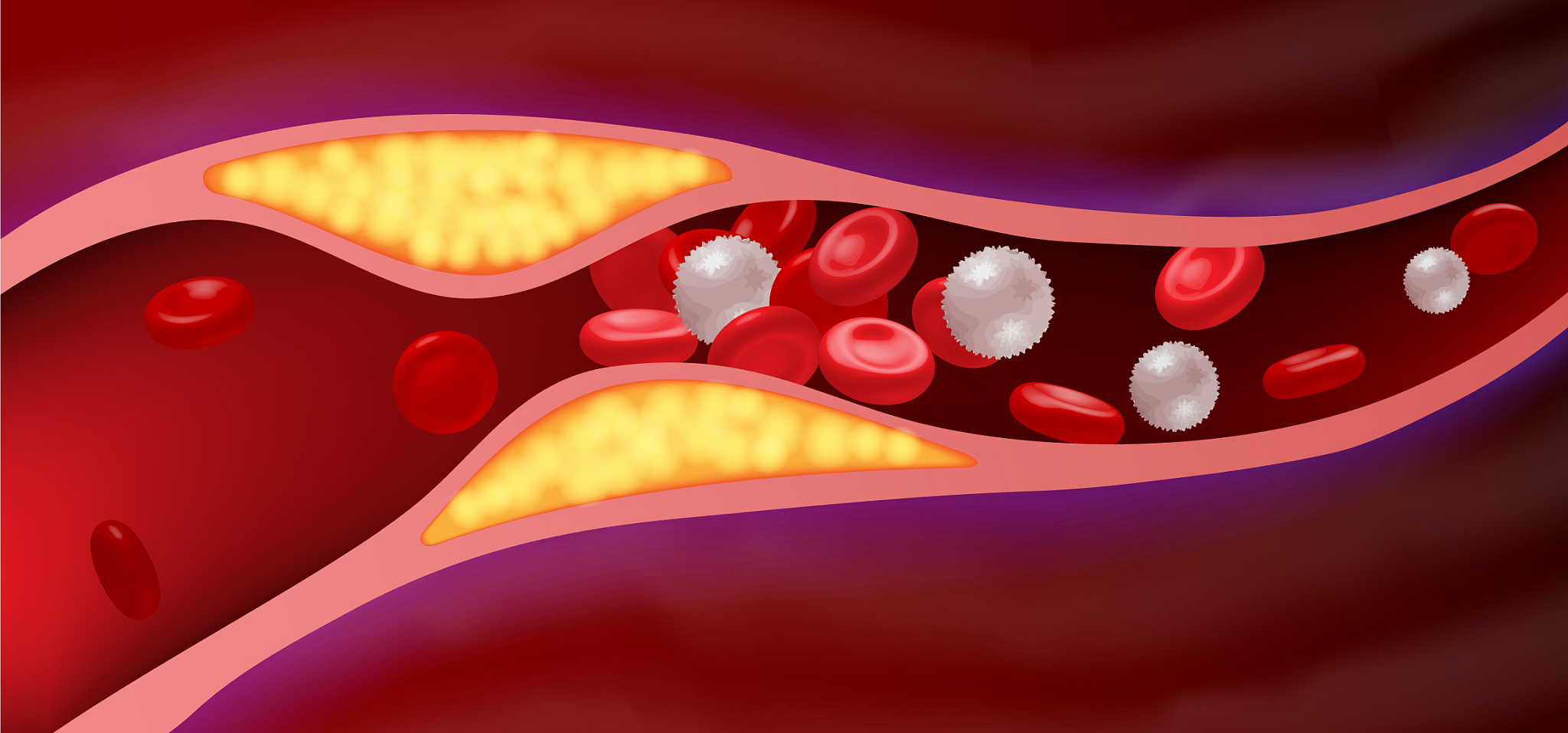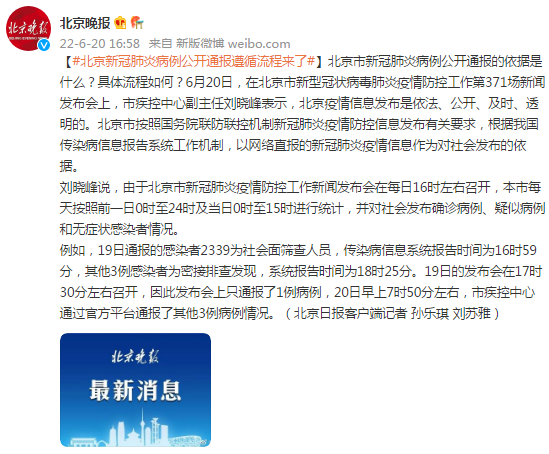The patient suddenly had a brain infarction after surgery, and the thrombosis was used after taking the thrust.
Author:Anesthesia Medical Group Time:2022.06.21
This is a thing that happened during the study period: after the gastric resection surgery, the patient had a sudden cerebral infarction. Immediately send it to the operating room to take the bolt, but soon the cerebral infarction. In his 80s, how can you stand such a toss and eventually rescue is invalid.

Looking back on the whole thing, there are actually many questions worthy of our thoughts: Why do patients repeatedly have cerebral infarction?
This is inseparable from the patient's own condition.
According to the main doctor, the problem was not found until the patient's family cleaned out what was in the ward. In the old lady's bedside table, the doctor prescribed her before surgery, and she had never taken it. These medicines, all of which are to prevent thrombosis and reduce various complications.

It was found in the routine examination before surgery that the patient's deep vein had old thrombosis, and the endometrial endometrium was thickened. In addition, there may be a certain amount of blood loss during surgery, so it indicates that there may be a risk of thrombosis during the perioperative period. As a result, the anesthesiology department communicated with the supervisor's doctor during the surgery, allowing her to take some drugs to avoid thrombosis.
Considering the risk of bleeding, the drug was discontinued the day before the operation. In addition, it is theoretically taking medicine that does not specifically affect coagulation.
Because the anesthesiology department cannot go to the ward every day, the task of telling patients to take medicine is handed over to the surgeon.

The surgeon was also very dedicated, and he deliberately told the old lady to take medicine on time.
What he didn't know was that the old lady was a particularly strong and polite person. Faced with the doctor's instructions, Huma agreed. But because of her age, she couldn't hear anything.
Because I didn't dare to eat random, I was embarrassed to ask the doctor, so I didn't eat it. It was not until the family members cleaned up the ward that these medicines had not been moved.
The painful ending, we can't complain about anyone. Didn't the surgeon not say? People did say it too. Can I not be in place before the anesthesia department? The Department of Anesthesiology did find problems. Is the old lady complaining? She couldn't hear it herself. Only by summing up experience and lessons can the next tragedy be avoided.
The biggest problem with this is the issue of communication. Not only must we communicate well, but also to perform well, this is a good way of communication.
Finally, we explain the cause of the incident from professionalism to raise everyone's awareness of prevention.

The patient itself has deep venous thrombosis, and there are also problems of endometrial endometrium, especially the endometrium, which laid the foundation for high cerebral thrombosis. Related studies have shown that the incidence of carotid plaque and stroke is linear.
Will healthy people get deep vein thrombosis? No, if it is done, it means that her body must have high risk factors for thrombosis.
Besides, why should I emphasize the perioperative prevention period. This is because surgical stress, bleeding, or pain can affect the blood coagulation-coagulation system balance in the body. Once the balance is broken, either bleeding or thrombosis. Once the thrombosis reaction is stimulated, as long as there is blood, thrombosis may be formed.
This patient has a "hotbed" formed by thrombosis due to the cervical arteries. As a result, thrombosis will be repeatedly formed under various factors.
Some people say that doctors do not remedy anticoagulation in time?
Which doctor dares to take medicine for such a major surgery?! Besides, once the blood-coagulation-coagulation system is active, it is difficult to control.
The pain is painful, and the doctor must communicate carefully to ensure the implementation of the patient; the patient must carefully obey the doctor's command. A successful operation is not only the efforts of medical staff, but also the cooperation of patients and patients' families.
[Reminder] Pay attention, there are a large number of professional science sciences here to reveal those things about surgical anesthesia ~
- END -
Beijing New Crown Pneumonic Cases Publicly reported the process of following the process

What is the basis for the public notification of the new crown pneumonia in Beijin...
Why not "three hundred litchi in the sun"?The answer is here
Recently, the news of acute poisoning after a girl after eating lychee has attracted the attention of netizens. At the current season of litchi listing, have you heard of litchi disease? Many neti